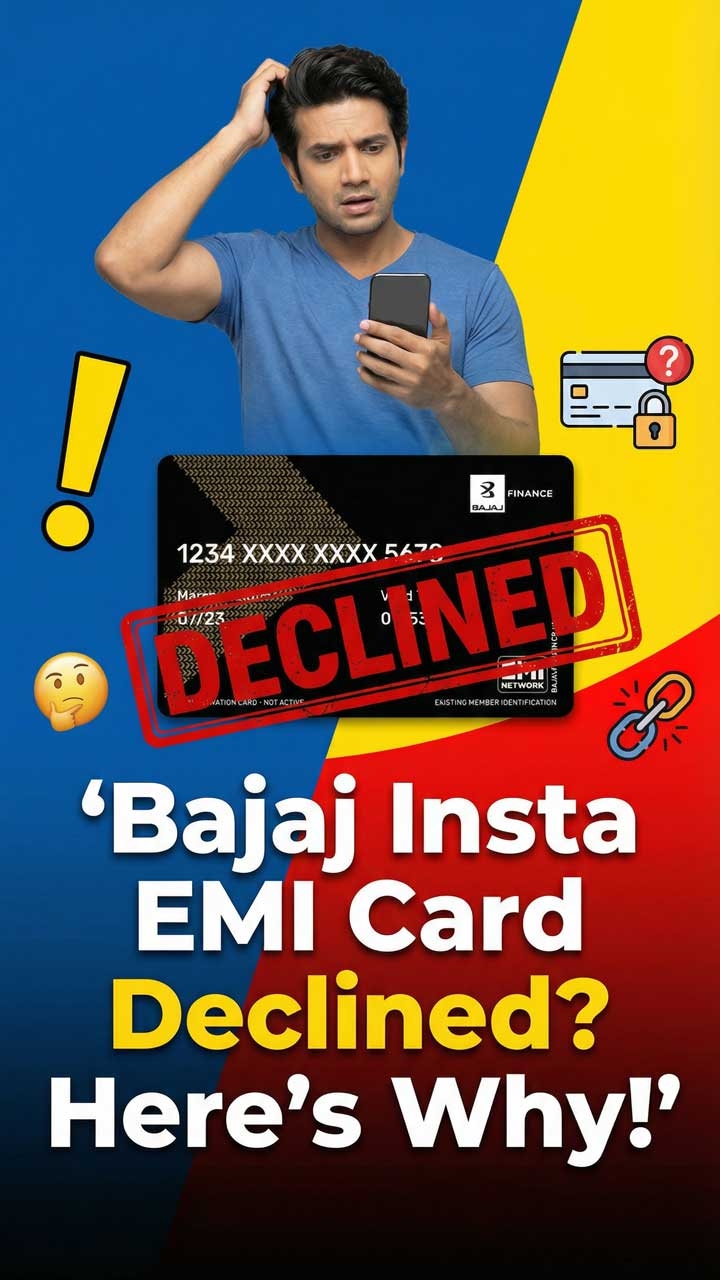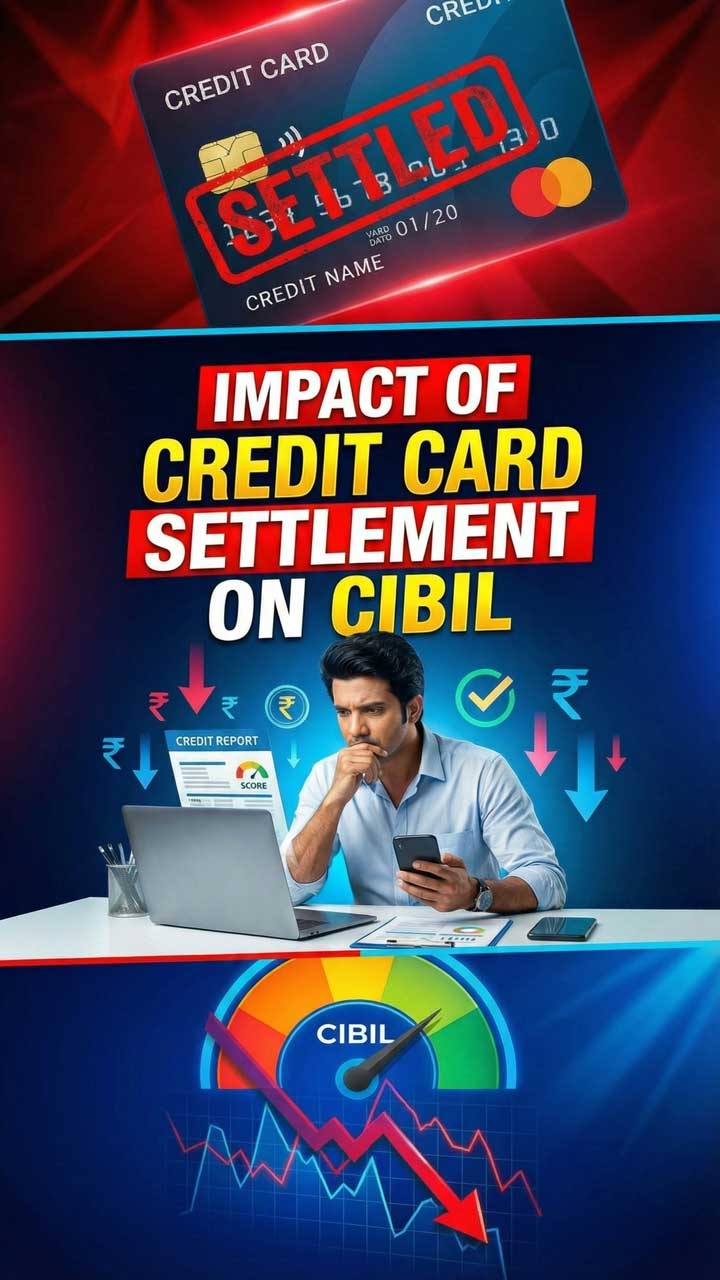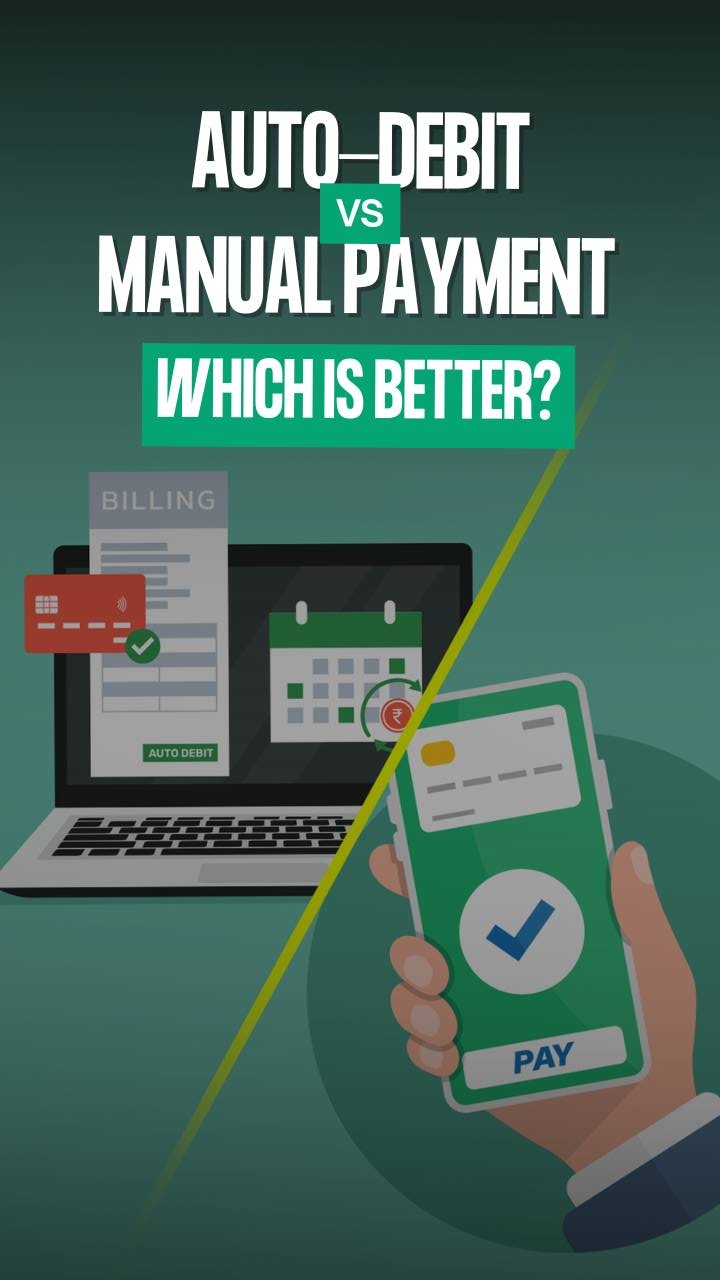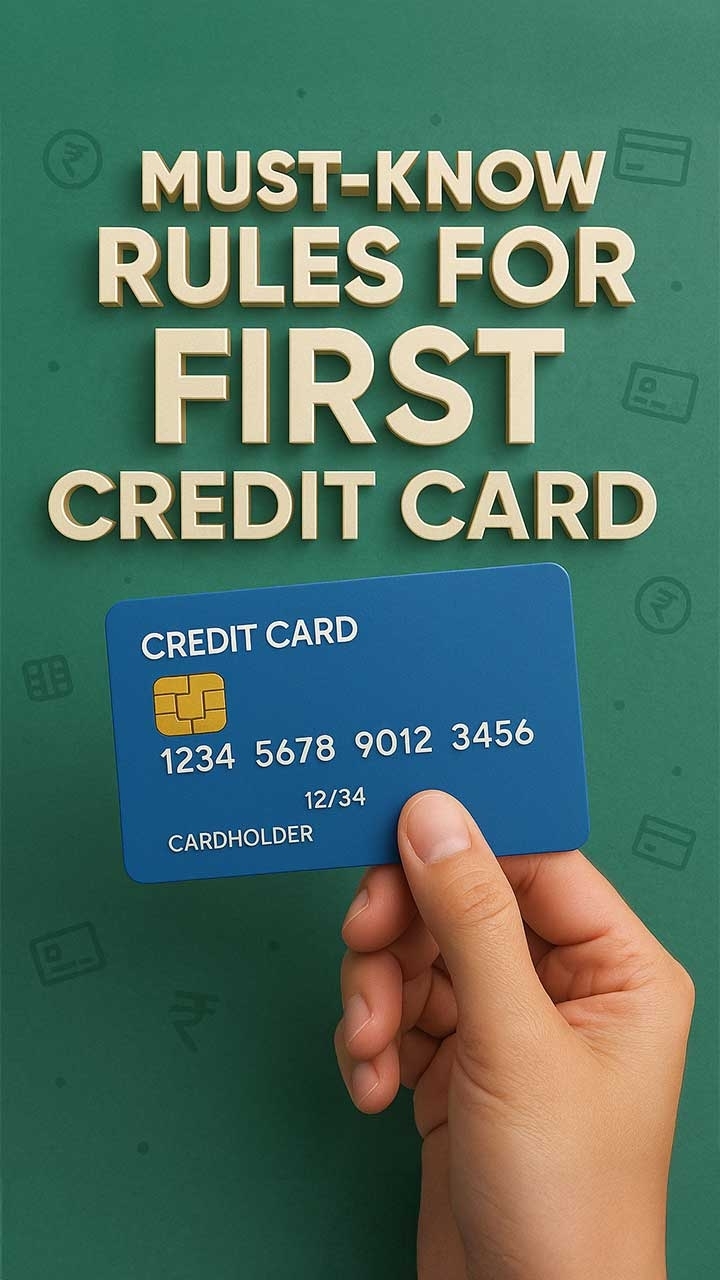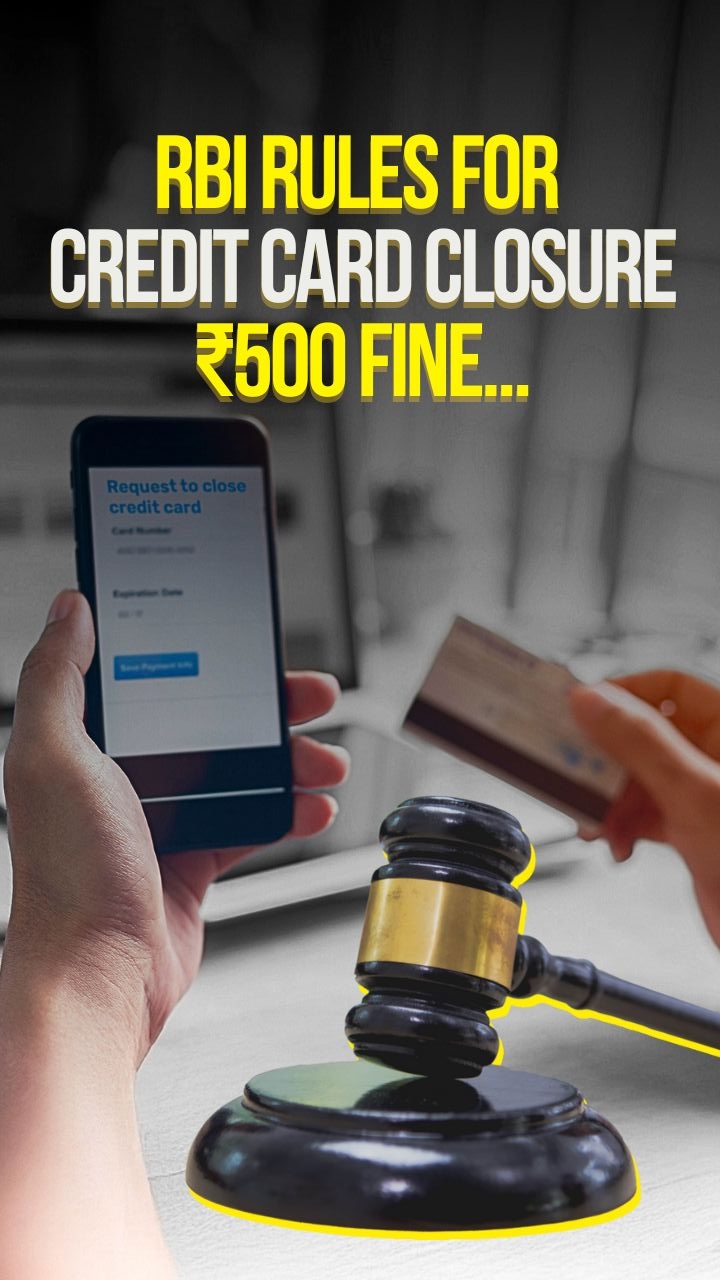How to Use Credit Cards Wisely & Avoid Debt
Credit cards might seem like convenient financial options for managing expenses. However, handling them responsibly could be the key to avoiding debt. In this video, we’ll take you through some simple tips that might help you manage your credit cards better.
We’ll begin with repayment strategies. Paying more than the minimum amount due each month might help clear your debt faster. This could save you from unnecessary interest charges. Maintaining a credit utilisation ratio below 30% could also protect your credit score by ensuring you don’t overextend your available credit. If missing payments is a concern, setting up automated payments might help avoid costly late fees.
Next, we’ll talk about the importance of reviewing your credit card statements regularly. This could help you quickly spot any fraudulent transactions and act before they cause major issues. While cash advances might seem like a quick fix, they usually come with higher fees and interest rates.
Finally, we’ll cover why upgrading your card might be better than cancelling it and how to manage multiple cards without going over your limits.

Key Takeaways
Paying more than the minimum due could help clear outstanding balances faster and reduce extra charges
Avoiding a balance carryover might help keep your credit utilisation ratio below 30%
Automated payments might help you avoid missing payments and prevent late fees
Regularly checking your credit card statements could help you spot and report fraud quickly
Cash advances might come with higher interest rates and fees, so avoid using them unless it’s necessary
Exceeding your credit limit might make repayment harder and could affect your credit score
Upgrading a credit card instead of cancelling might allow you to access new features without impacting your credit score
Keeping your contact details updated with your card issuer could ensure you receive important notifications and alerts
Redeeming credit card rewards might allow you to maximise your benefits without overspending
Monitoring your credit report periodically could help you stay informed about your credit health and spot any errors
What to Watch Next
Bites
















